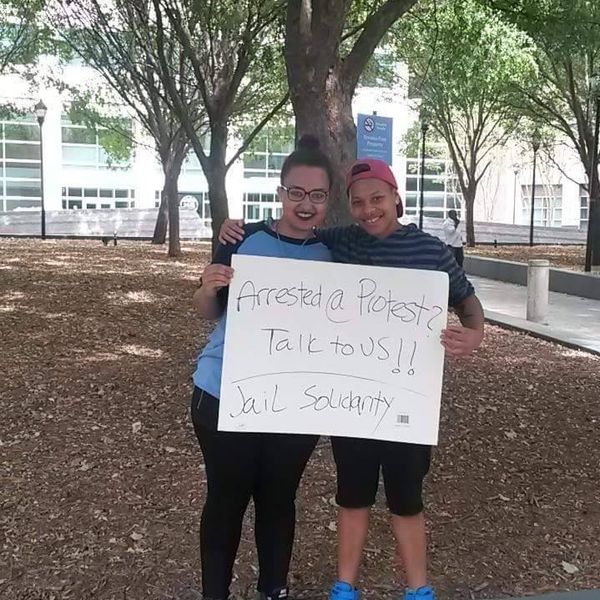When the term “people of color” is used, it is usually associated with African Americans living in the United States. Otherwise, it serves as a reference to black people globally. The term “people of color” stems from pre-Civil Rights America when white people distinguished black people of dark skin tones from those of lighter “mulatto” tones. It served as a means to segregate the black people of America into further categories. There are some people of the black race that consider themselves “colored” while there are others who do not want to separate themselves from anyone else of black origin. However, this term has now been widely popularized to define not only black people, but all people that differ from the category of white stemming mainly from Europe and the Caucasus. So there are two problems associated with the term “people of color." One is that it is considered to be exclusive to black people (mainly North Americans), and the other is that it completely excludes white people.
Who Are People of Color?
If there is a term other than “people of color” that can be used to describe a group of people far from the white population of the world, this term is the “global majority." The origins of it are unknown, but it has been used in certain educational institutions such as in American University (Washington, D.C.) and Mt. Holyoke College. The term has been used by feminist writer Barbara Love. It describes the majority of the world -- roughly 80 percent -- who consider themselves non-white. Although in the United States of America these people would be coined “minorities," they actually make up the majority of the world’s population. In a sense, people of white origin would be considered “global minorities."
Why use the phrase “global majority” rather than “people of color?”
When we classify a group of people by their color or skin tone we separate them from their heritage, and when we use the term “people of color” we do the following:
- We exclude people of “mixed race” from this group -- people that may identify with the global non-white majority but appear to be white.
- The North American media tends to exclude Arabs, West Asians, Mediterraneans, South Asians, East Asians, Hispanics, Pacific Islanders, and Aboriginals from the term “people of color."
- The word “color” is subjective because white is also a color. White people are not “transparent," and this is not a term that would also satisfy albino people or people with skin disorders.
- When we use the phrase “people of color” we create a tension that incorporates the historical context of this phrase deriving from Jim Crow America -- while most people do not understand this background.
- We forget that there are people fighting white oppression and racism. Globally there are instances of people of Arab and South Asian descent being killed due to post-9/11 Islamophobia.
- The term “global majority” is empowering. It unites people from all corners of the world that are struggling against white oppression. Whiteness has been continuously deemed synonymous with “beauty” and “power,” lowering the worth of non-white people, although this should not be the case.
BlackLivesMatter vs. AllLivesMatter
BlackLivesMatter is an inspiring movement. People of other ethnicities from the global majority should create movements emulating this movement. People use the hashtag “blacklivesmatter” mainly in order to raise awareness about black people being subjected to police brutality. It is not a movement that wishes to exclude other lives, which obviously also matter, but to accentuate the lives of black people that have been subjected to instances of torture stemming from racism. Many people who use the hashtag “alllivesmatter” wish to include white people in its sphere, although they have not for the most part, in North America at least, been the oppressed (lynched, beaten, segregated, expelled from having certain rights such as suffrage, etc). But if other people from the global majority should so happen to wish to create such a movement for themselves, such as the people of the Arab Spring, who is going to stop them? Taking inspiration from a movement is not equivalent to denying the struggles of such people but emphasizing the fact that yes -- the global majority needs to stand up.





















